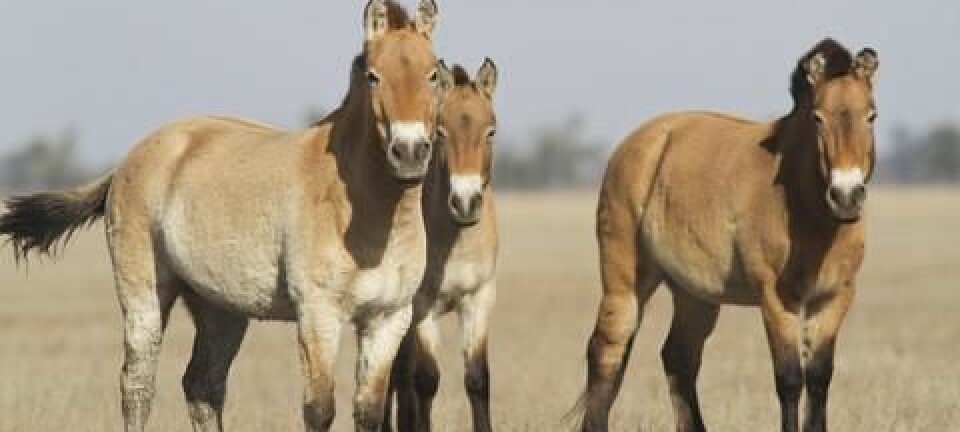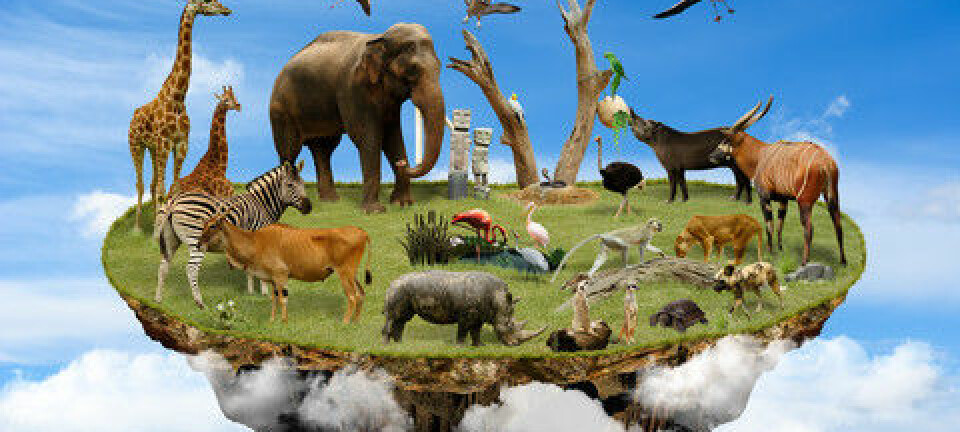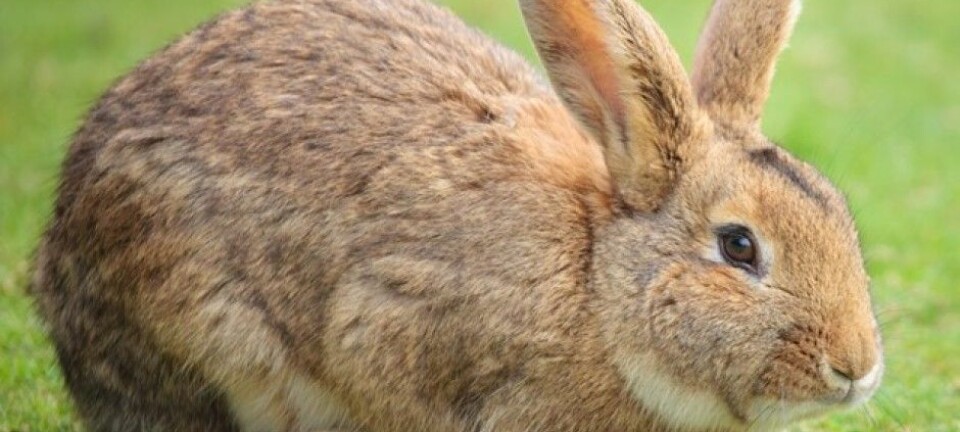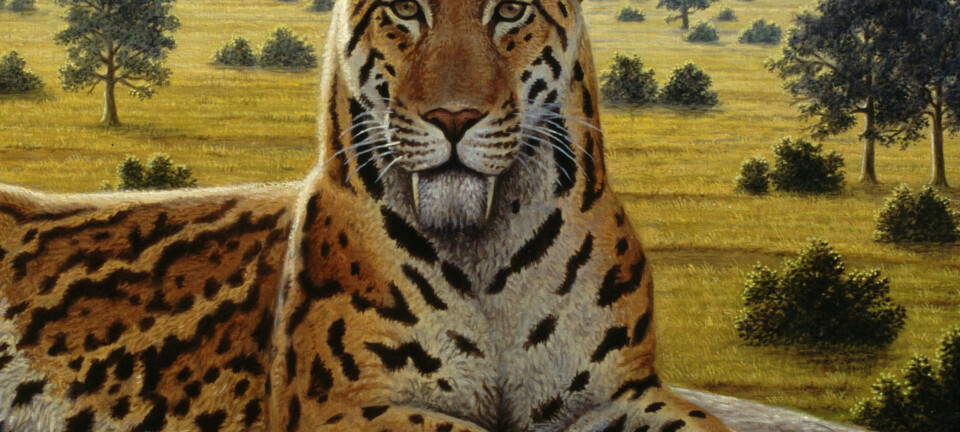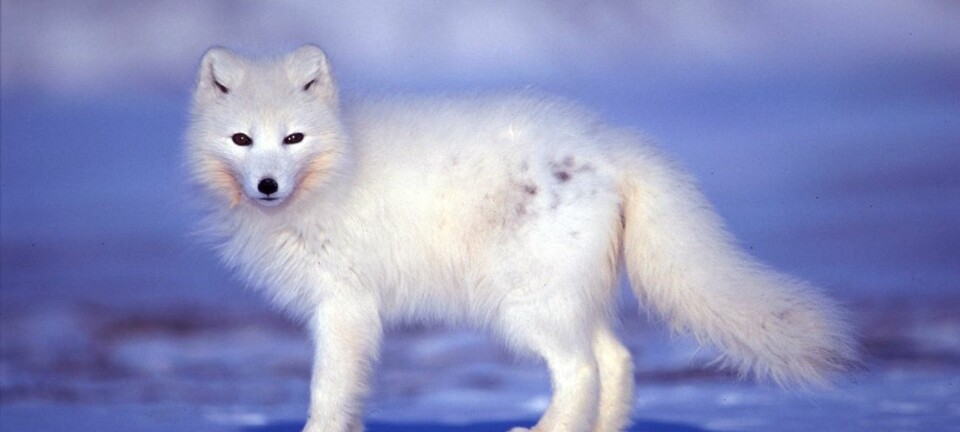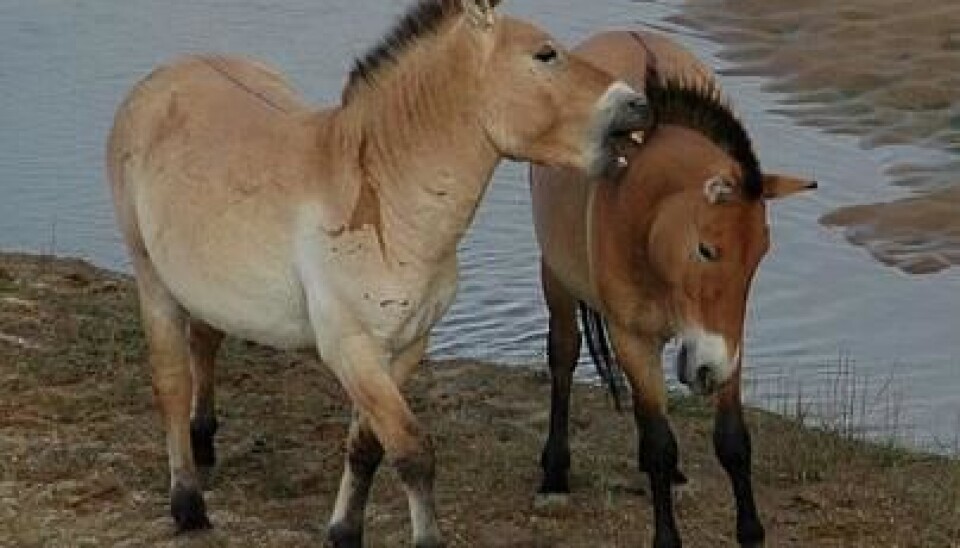
Wild horses could soon return to Europe
Scientists say we could have wild horse populations running free in just two decades.
Wild populations of grazing animals have decreased or disappeared entirely across the globe.
This is causing problems in nature where plants and trees now grow wild and uncontrolled because no one is there to keep them in check.
Scientists are now looking at the possibility of rewilding these areas with past populations of big herbivores. Doing so could create safer habitats for endangered species and make the lives of conservationists easier as nature would increasingly be able to take care of itself.
That is why a team of scientists from Aarhus University in Denmark has identified 1.5 million hectares of land in Europe, which is suitable for rewilding. Who should inhabit these lands? Horses, say the scientists.
“It would not only benefit nature but also be economically sound,” says Jens-Christian Svenning, a professor from the institute for bioscience at Aarhus University. “It would allow us to let nature take care of itself instead of spending money on taking care of it because the big herbivores are missing.”
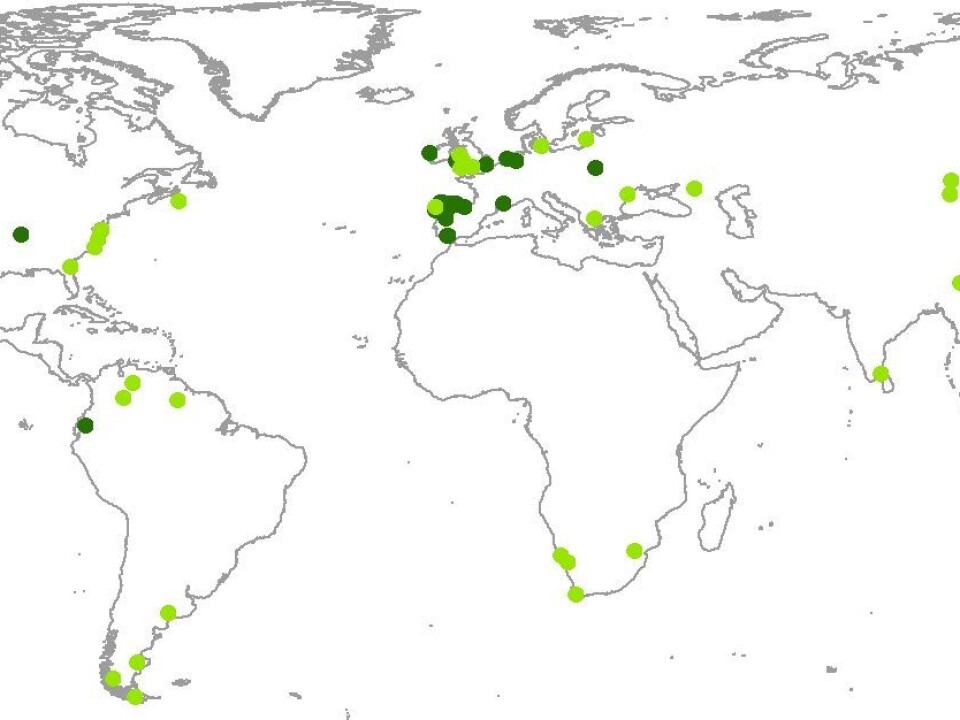
Svenning is behind the new study, which has been published in PLOS One.
Other species will benefit from wild horses
The study receives support from other conservation scientists.
Jonas Geldmann is a postdoc at the Natural History Museum of Denmark where he studies conservation biology and biodiversity. He says it is realistic to reintroduce wild horse populations in nature. Even more, the horses represent a better alternative to buffalos and moose—two species which have also been considered for rewilding purposes.
“Wild horses won’t create the same problems as buffalos or moose and they can benefit many other species through their grazing, which will create the open ecosystems that some plants and animals need,” says Geldmann.
Horses once dominated Earth
Historically, horses have been one of the most successful animals on the planet and until 10,000 years ago they roamed free in Europe, North Africa, Asia, and most of the Americas.
But wild horse populations have collapsed since then and disappeared almost completely throughout the 20th century. Only a few of the original populations are left today.
Some places have since experimented with re-releasing horses into the wild and it has proven surprisingly easy.
In 2003, a small group of horses was released on Langeland, a small island in Denmark. They are currently living almost entirely without help from humans all the while their presence benefits the local nature.
Professional forester Søren Kirk Strandgaard oversees the horse experiment on Langeland. He calls it a clear-cut success. He would like to see horses reintroduced to more areas in Denmark.
“But it should happen in fenced off areas as it would cause too many problems if horses are running wild on the roads or on farmers’ fields,” says Strandgaard.
People need to change their views on horses
The new study shows that horses could thrive in anything from the cold regions in the north to the dry and tropical in south.
But even so, repopulating Europe’s wilderness with horses could pose certain problems--one in particular is that people tend to think of horses as a purely domesticated animal.
According to Svenning, people might have problems with seeing horses in the wild when the horses become sick or injured.
“But this is purely a question of communication and it can be solved by putting the right information out there,” he says.
-------------------------
Read the Danish version of this article on Videnskab.dk
Translated by: Kristian Secher
